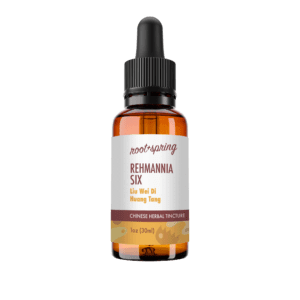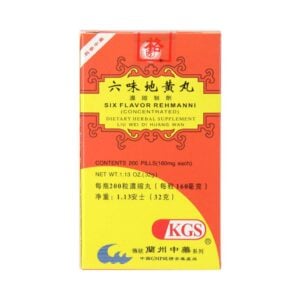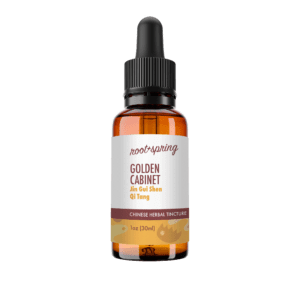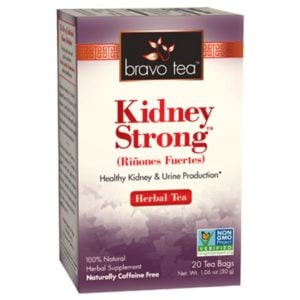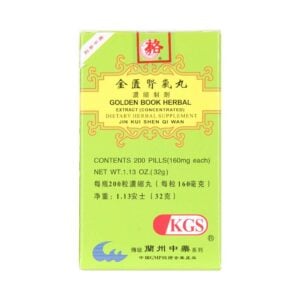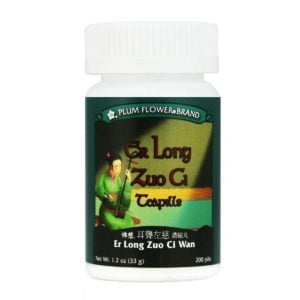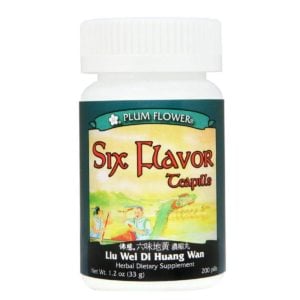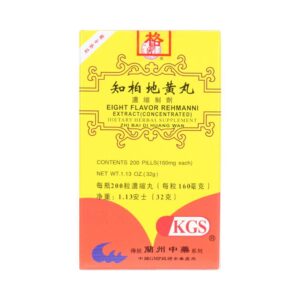Your cart is currently empty!
Shan Zhu Yu
English Name: cornus, asiatic cornealian cherry fruit, asiatic dogwood fruit, macrocarpium berry
Literal Translation: “sour mountain herb”
Pharmaceutical Name: Fructus Corni
Medica Category: Astringent Herbs
Properties: Shan Zhu Yu enters the Kidney and Liver channels; it is sour in nature and slightly warm in temperature.
What is Shan Zhu Yu?:
The Chinese Herb Shan Zhu Yu is the dried pulp (minus the pit) of the fruit from the Japanese cornel dogwood (Cornus officinalis Sieb. et. Zucc.), a deciduous shrub native to China, Japan, and Korea that flowers in the late winter/early spring with yellow flowers. These flowers are followed by the appearance of oblong red fruits (drupes) which, while technically edible, are quite astringent and really only used medicnally. Unprocessed, it has stronger astringent properties to better address sweating; steaming it with grain-based liquor warms its thermal properties and increases its tonifying effect on the Liver and Kidney (which makes it better for treating general symptoms of Kidney deficiency—see below).
Traditional Chinese Medicine (TCM) Therapeutic Actions of Shan Zhu Yu:
Shan Zhu Yu tonifies the Liver blood and Kidney jing (essence) and yang to address such symptoms as low back pain, dizziness, vertigo, blurred vision, impotence, and spermatorrhea.
Shan Zhu Yu retains jing (essence) and body fluids and can be used to address excessive sweating when there is insufficient qi to close the pores (as in cases of shock or devastated yang). This action of Shan Zhu Yu to retain essence also makes it a good addition in formulas to address excessive uterine bleeding, polyuria, and enuresis/incontinence (i.e. leakage of body fluids).
–safety/clinical notes:
Contraindicated in cases of deficient Kidney fire.
Contraindicated for dysuria caused by heat in the lower jiao.
Shan Zhu Yu has a diuretic effect and should be used with caution in cases with the concurrent use of diuretic drugs (such as chlorothiazide, hydroclorothiazide, furosemide (Lasix), bumetanide (Bumex), and torsemide (Demadex)) to avoid potential increased elimination of water/loss of electrolytes.
Products Containing Tag: Shan Zhu Yu – Cornelian Cherry – Fructus Corni
-
Kidney Strong Tea – by Bravo Tea
Add to CartStarting at $6.99
-
Zuo Gui Tang (Left Side Replenishing) – Liquid Extract (Tincture)
Add to CartStarting at $14.00

